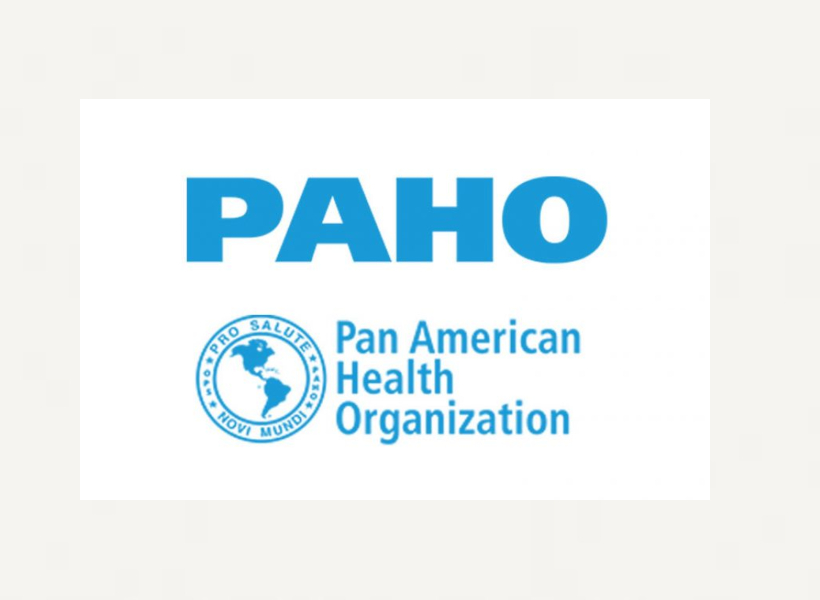The Pan American Health Organization (PAHO) has called for improvements in survival rates of children and adolescents with cancer, currently at 55% in Latin America and the Caribbean.
Cancer is the second leading cause of death among people aged 19 or less in the region, according to the World Health Organization’s (WHO) Global Cancer Observatory (Globocan), and around 29,000 children are diagnosed with cancer each year. The most common types of cancer are leukemia, lymphoma, central nervous system tumors, Wilms’ tumor and retinoblastoma.
“The vast majority of children with cancer live in low- and middle-income countries, where they face unacceptable inequities in early detection, diagnosis and access to quality treatment and palliative care,” said Anselm Hennis, director of Noncommunicable Diseases and Mental Health at PAHO.
These inequities generate gaps in survival rates that range from 80% to 20% depending on the country. In order to improve survival rates, PAHO is promoting CureAll in the Americas, a WHO global initiative that seeks to double the global childhood cancer survival rate to 60% by 2030.
“While Latin America and the Caribbean as a region is very close to achieving the 60% goal, we must make every effort to close the gaps in care, and to reach all children and adolescents in need to avoid preventable deaths,” said Mauricio Maza, PAHO’s regional advisor on cancer prevention and control.
Thirteen Latin American countries are currently participating in CureAll and are developing or strengthening national childhood cancer plans and expanding access to diagnosis and treatment, with technical assistance from PAHO.
Since the regional launch of the initiative in 2019, a working group has been created in Central America to focus on public policy and advocacy for pediatric cancer. Peru also enacted the Law on Medical Urgency and Comprehensive Care of Child and Adolescent Cancer in 2020, and made strides in countering treatment abandonment rates.
Through its Strategic Fund, PAHO is also participating in a recent global project led by WHO and St. Jude Children’s Research Hospital in the United States to expand access to life-saving drugs to treat childhood cancer in middle- and low-income countries.
High rates of treatment abandonment, which in the region’s low- and middle-income countries stand at 30%, also contribute to the low survival rates of childhood cancer. To reduce this, PAHO is launching the #DecideOnTime campaign, which will share stories of children, adolescents and their families who made the timely decision to complete treatment to save lives.
PAHO also held a webinar to commemorate International Childhood Cancer Day 2022 today, where experts from the region highlighted progress in the implementation of the of initiatives to combat childhood cancer in the Americas. (PAHO)











